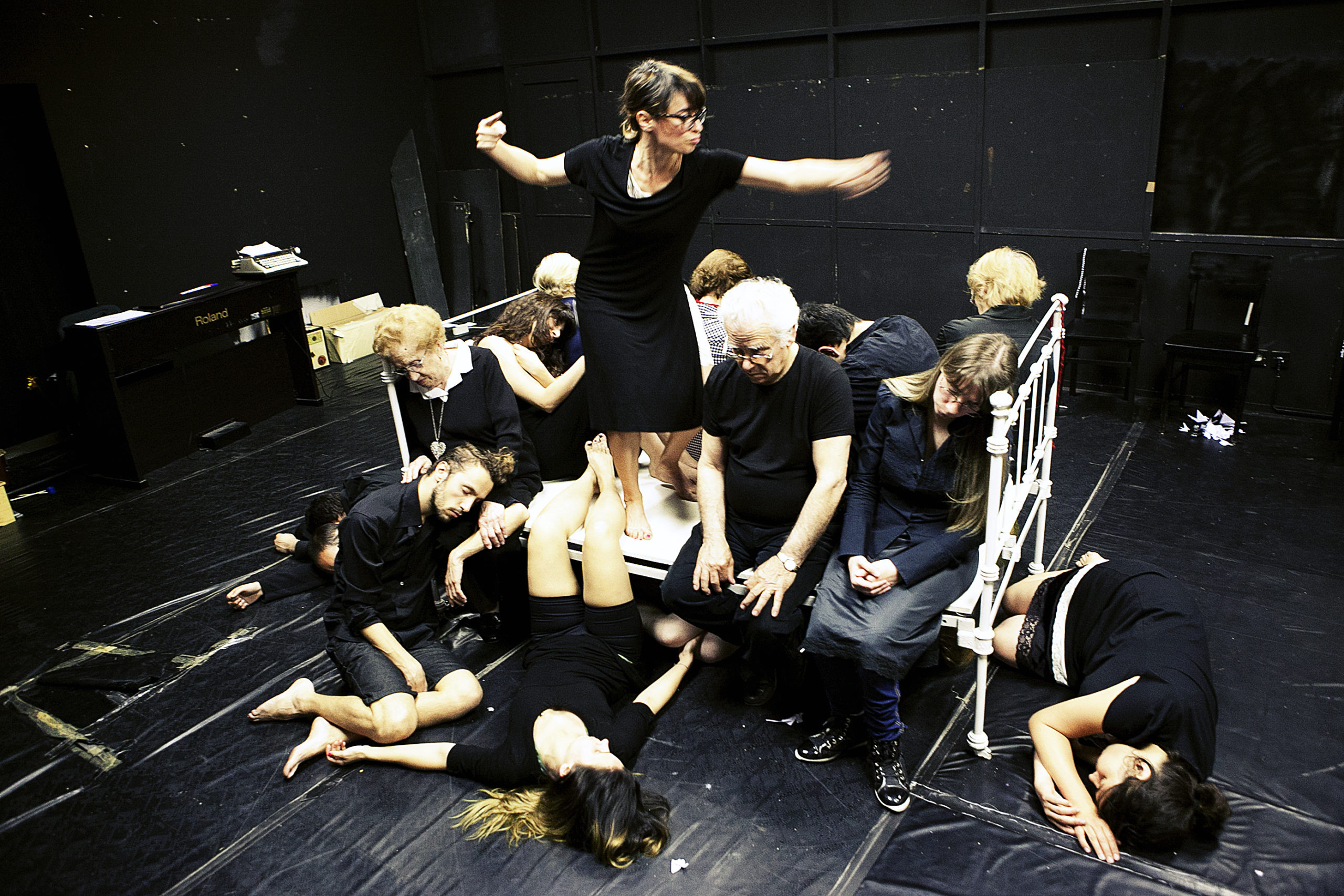Rome, 20 May (Askanews) – “WHO and the Ministry of Health have recently published news on the psychological impact of lockdown and post Covid-19-pandemic: fears, loss of control, social stigma towards particularly vulnerable people. Let’s think about the elderly, immigrants and foreigners, individuals with psychological frailties, as well as consider the emotional stress that can affect those who are or have been at the forefront in fighting the pandemic (nurses, doctors and health professionals), consequently seen as possible “carriers of contagion” by ordinary people. “Social theater will be an important tool for social inclusion, participation and integration in the coming months”. This is the opinion of Pascal La Delfa, playwright, director, teacher and facilitator of theater workshops, president of “Oltre le parole” association based in Rome, the RESTORE project’s lead partner.
In this moment, social theatre becomes more relevant than ever to combat social exclusion, which gets even worse during times of crisis.
The association, founded in 2003, has made its experts available to carry out “theater in the social” projects at local level in the immediate future, to help the most vulnerable people in overcoming their fears and post-quarantine difficulties and avoiding discrimination and isolation: all through the arts in general and theater in particular. An answer to those who think that theater and art are only “fun”, an opportunity for some entertainment workers to get back into the game by deepening their skills: theater is social.
Social theater, “mission” operators. There are many theater operators in the social sphere, experts who are able to operate precisely in situations where integration is more difficult, where fighting commonplaces becomes fundamental to achieve true coexistence, where integration can be (re-) activated by tackling through theatrical practice. Fears that can be overcome thanks to specific training.
Not (only) performance “for” but “with” stakeholders, as well as numerous experiences testify in Italy: with populations affected by natural disasters, starting from the 1976 Friuli earthquake and going up to L’Aquila and Amatrice. The theater becomes a “laboratory” where one can sublimate the dismay and disorientation, and overcome the psychological barriers that one builds around oneself when fear becomes unmanageable. Social theater operators are professionals who work in the social area, often in teams with other professionals (psychologists, educators, social workers) and use their expertise in the sector resulting from specific studies, as well as their artistic skill.


